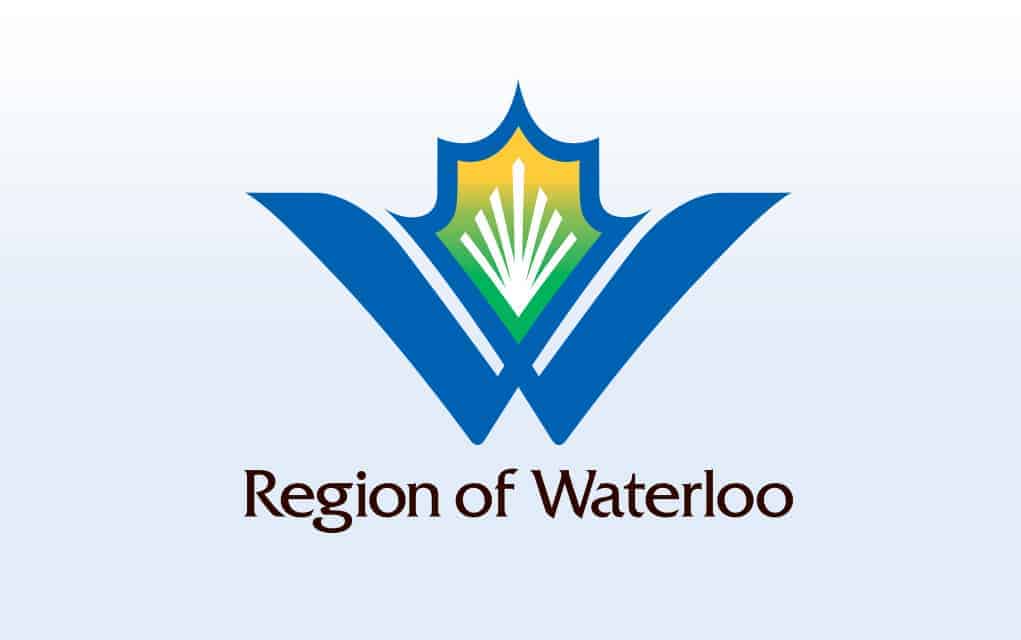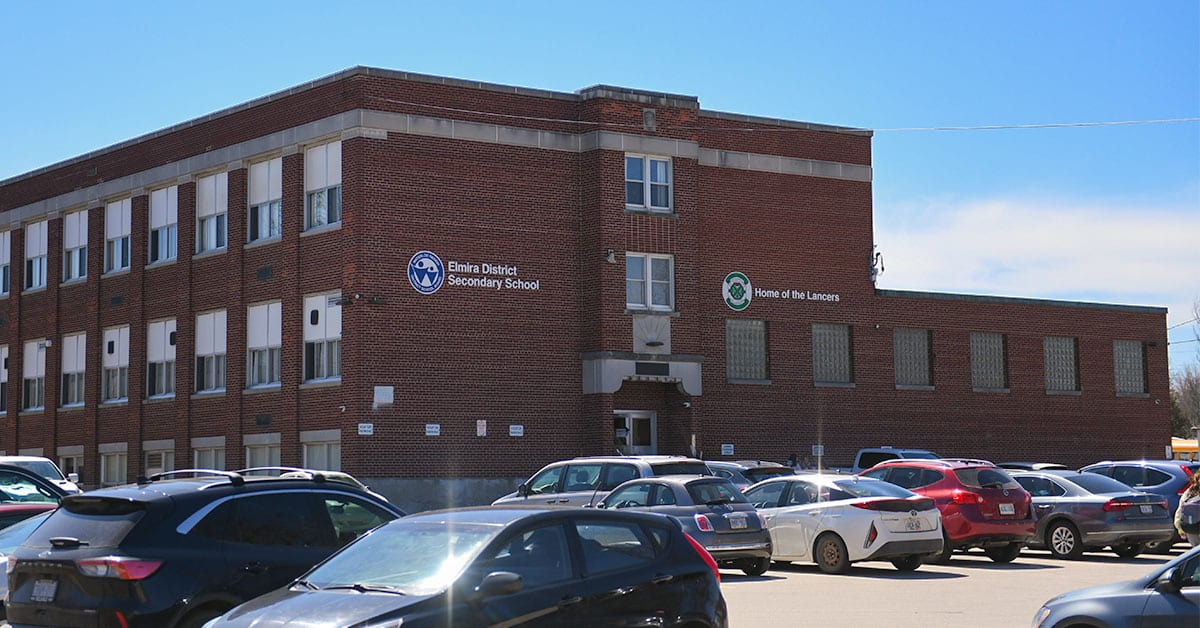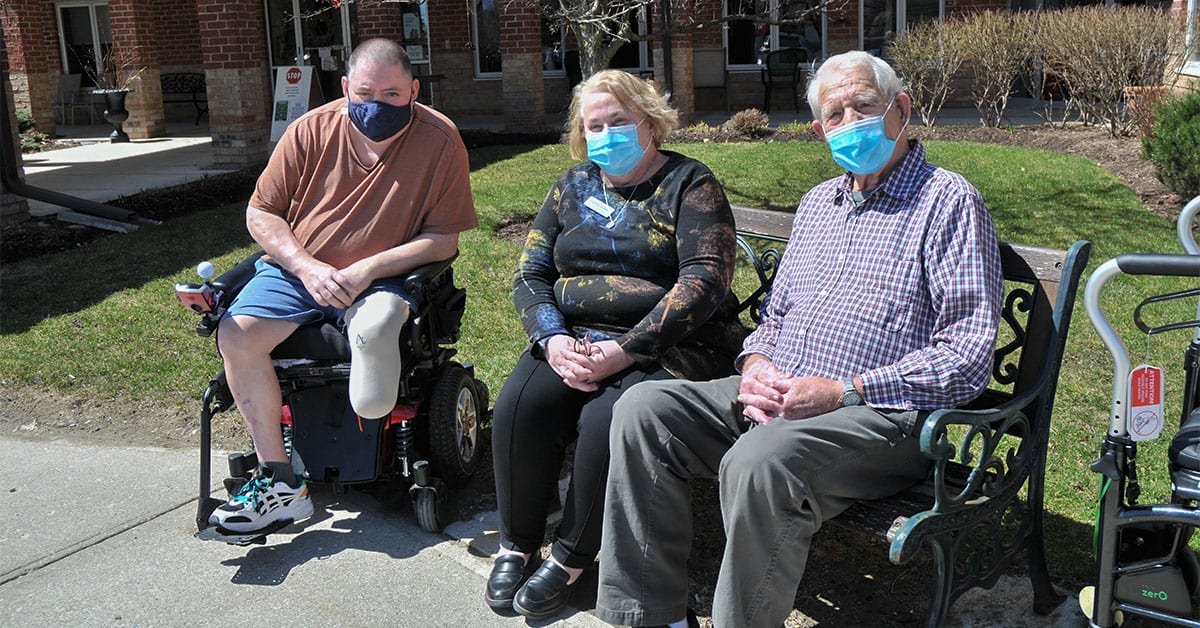The region is rolling out new restrictions on garbage collection, dropping to three from four the number of bags that can be put at the curb every two weeks.
The reduction follows 2017’s introduction of biweekly collection and bag limits.
The new measures are planned for October and are long overdue, says the Region of Waterloo’s director of waste management.
“When the existing waste collection contract was awarded back in 2017, at that time even embedded in the recommendation of award report council had given us direction to look at going from the four bag biweekly collection to three bags within two years of starting contract,” said Jon Arsenault.
In 2016 the region awarded two contracts for its waste management. The first was to Miller Waste Systems at a cost of $14,376,668 for collection in the cities while Halton Recycling Limited is being paid $4,168,308 to provide services in the townships. Both contracts started in March 2017 and will last until 2024.
Woolwich Mayor Sandy Shantz explained the goal of the council at that time.
“Trying to reduce the amount of use of the landfill is part of it. And then the other part is, of course, our commitment to the environment to work on mitigating climate change and be environmentally responsible,” she said.
Changes introduced five years ago saw the region go from weekly pickup of up to 10 bags to biweekly pickup of four bags, while the majority of households are now already putting out fewer than four bags, Arsenault said.
“The data that we’ve seen to date both a few years back and then now in terms of set outs is that, for the most part, this shouldn’t be too significant or too much of a difficulty for the majority of households and residents across the region,” he said.
While Arsenault acknowledged that there are some households who produce more waste, he suggests the change is manageable for residents.
“What we’re trying to achieve here and the idea people might be generating more waste in general, but where does the waste go? And what we’ve identified is if you open up a regular garbage bag these days there’s still a fair bit of organic waste that can go into the green bin and recyclable waste that can go in the blue boxes,” he said.
“So also what we’re trying to achieve here is instead of stuff going to garbage and going to landfill where it’s just simply being covered over and disposed of, let’s put it to better use and get it into the proper waste material stream.”
Based on past experience, Arsenault said he thinks residents will make the effort.
“[In 2017] we went from weekly…to biweekly and really in a short period of time it was realized that it was manageable by the vast majority of the population. Our job and what we strive to do is assist those that are maybe having some difficulties getting to that bag limit and help them get there,” he added.
Although there has been some concern that residents will be paying for less service when the reduction happens in October – Arsenault admits it could be viewed that way – it is about diversion of garbage from the landfill, not reduction of service, he argued.
“I think what we’re trying to suggest is that what I put out to the curb a month ago versus two months from now will be the same. Unless I really change my behaviors, quite a bit will be the same sort of mix of materials. So all we’re saying is, it’s simply moving that material from one area to another, and it’s still collected and still dealt with under the existing processes,” he explained.









